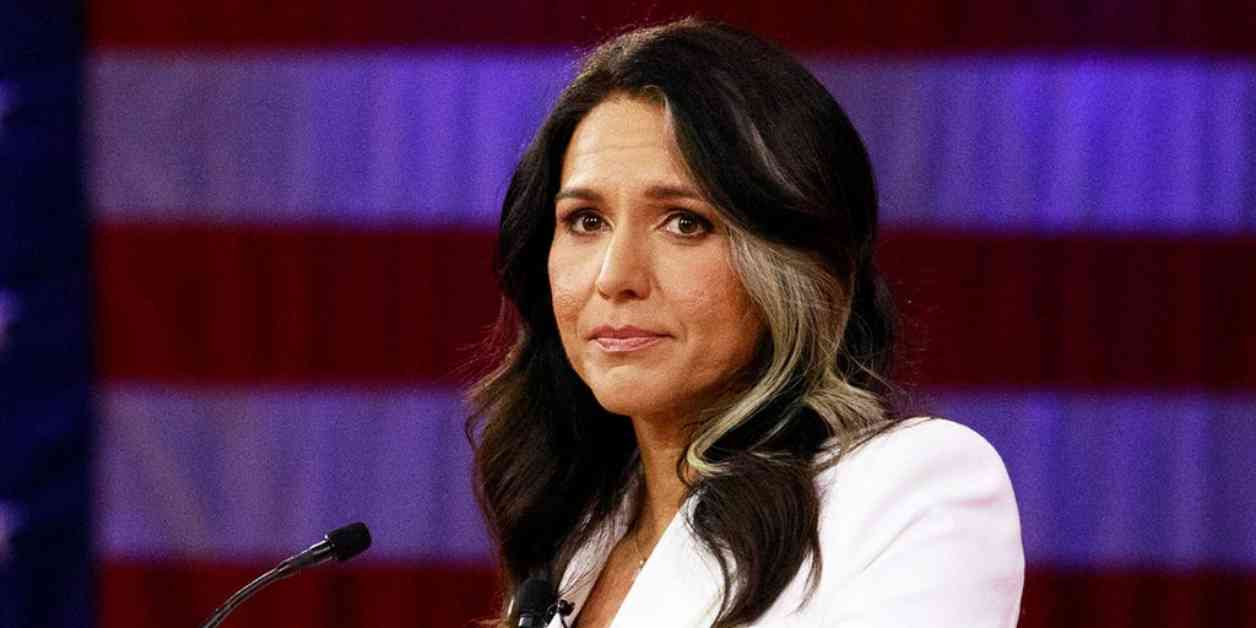Former Democratic congressional representative Tulsi Gabbard expressed her concerns about the impact of transgender athletes in women’s sports under a potential Harris presidency at the “Stand With Women” forum in Philadelphia. With just a week remaining until the election, the protection of women’s sports has become a major focus, prompting Gabbard to remind attendees of Harris’ stance on transgender inclusion.
Gabbard emphasized the potential dangers and differences in approach, citing her support for President Trump due to her belief that a Harris presidency could exacerbate the issue. The Biden-Harris administration has already made significant moves to promote transgender inclusion in women’s sports, such as clarifying Title IX regulations to cover discrimination based on gender identity. While the administration claims this does not impact athletic eligibility, experts argue it could lead to more biological men participating in women’s sports.
Several states have taken legal action and passed laws to address this issue, with the Supreme Court rejecting the Biden administration’s attempt to enforce these changes. Additionally, Democratic proposals like the Equality Act and the Transgender Bill of Rights have raised concerns about the future of women’s sports under a potential Harris presidency.
Idaho’s Governor Brad Little issued an executive order to protect women’s sports by prohibiting transgender athletes from competing in women’s categories. Little expressed concerns about potential repercussions on federal funding if Harris were to become president, highlighting the contentious nature of the issue.
Instances of biological men participating in women’s sports have sparked controversies at both the college and high school levels. The San Jose State volleyball team faced forfeits from opponents due to the presence of a transgender player, while the University of Nevada, Reno grappled with a similar situation. High school sports have also faced legal challenges, with rulings allowing transgender inclusion in girls’ sports.
The issue extends beyond the U.S., with the United Nations reporting nearly 900 cases of biological females missing out on podium placements due to competition from transgender athletes. The shift towards mixed-sex categories in sports has raised concerns about the impact on female athletes and their opportunities for success.
In conclusion, the debate over transgender inclusion in women’s sports continues to be a contentious issue with implications for athletes, policymakers, and society as a whole. The upcoming election will play a crucial role in determining the future direction of women’s sports and the regulations surrounding transgender participation.





















